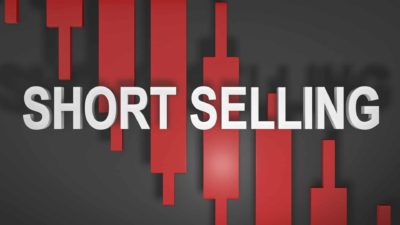The Australian economy is headed for a recession according to Bloomberg Economics' James McIntyre.
Australia was already in uncertain waters due to the bushfires and the concerns about the effects of the hit on China's economy from its own outbreak.
He thinks Australia will record its first recession since 1991 with the existing problems amplified by slumping confidence and domestic disrupts from the outbreak in Australia.
What will the size of the recession be?
Recessions are judged by changes in GDP. Two quarters of GDP declines means a country has entered a technical recession. Mr McIntyre has projected a 0.4% fall of GDP in the March quarter and a 0.3% fall in the June quarter.
In a report Mr McIntyre said: "Isolations and domestic disruptions to contain the spread of the virus will have a mounting economic impact, which is likely to result in a further GDP contraction in 2Q and potentially beyond. Stimulus, both fiscal and monetary, will help to reduce the damage, but is unlikely to be enough to offset the impacts."
However, despite the prediction that Australia will enter a recession, he is still predicting that GDP can grow by 0.4% in 2020, though this is 1.5% lower than the pre-coronavirus projection.
He also believes that Australia's budget will go back to large deficits due to lower tax payments, higher welfare payments and the additional stimulus the government will have to spend.
How China's economy performs will be very important for Australia because of how much demand there is in China for Australian products and resources.
I think it will be shares like BHP Group Ltd (ASX: BHP), Rio Tinto Limited (ASX: RIO) and Fortescue Metals Group Limited (ASX: FMG) that play a big part in helping Aussie investors, states and the federal government maintain a good financial footing. China may say Australia from a bad recession, again.








